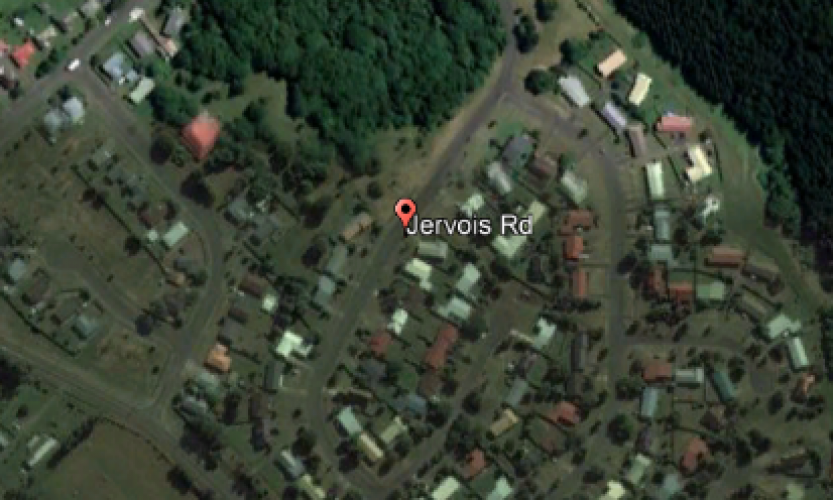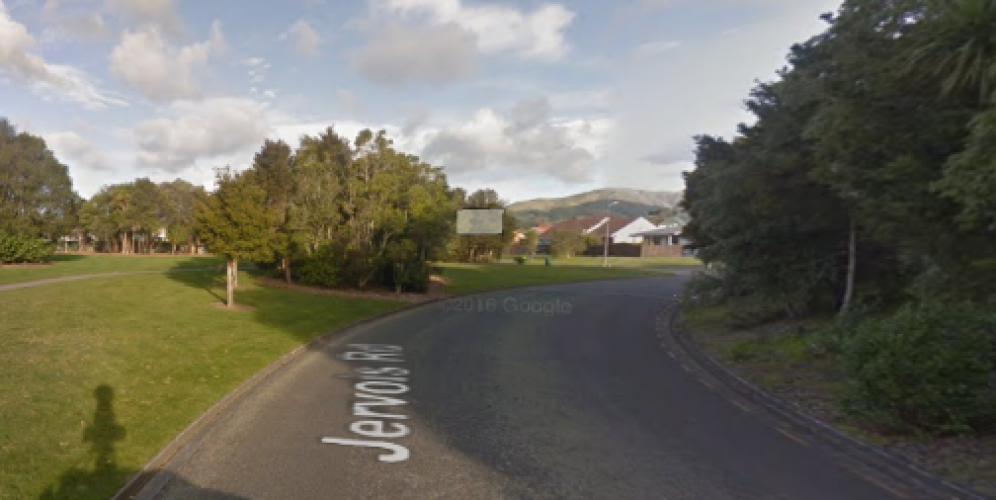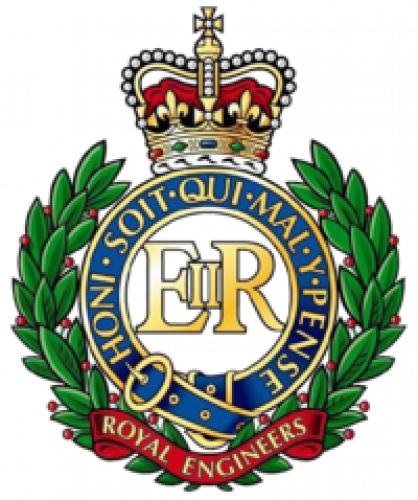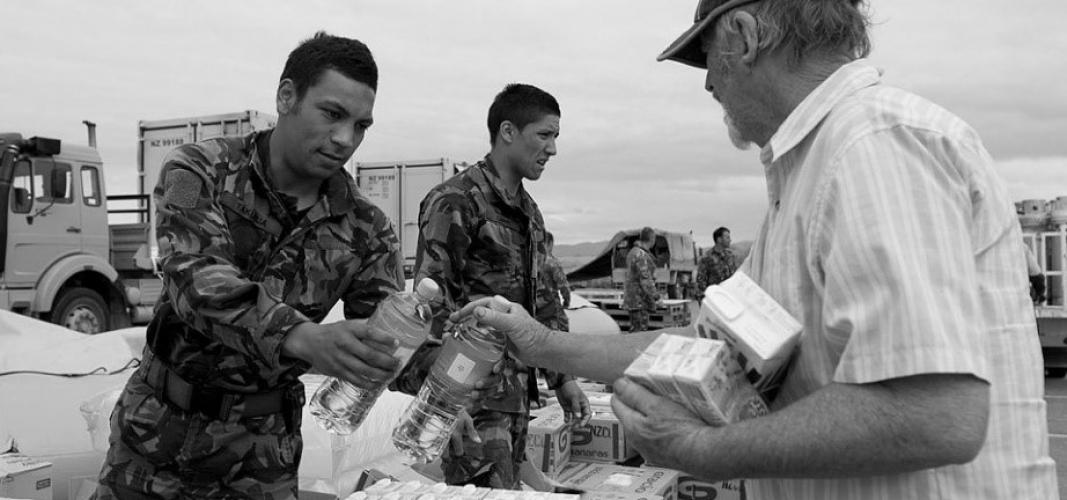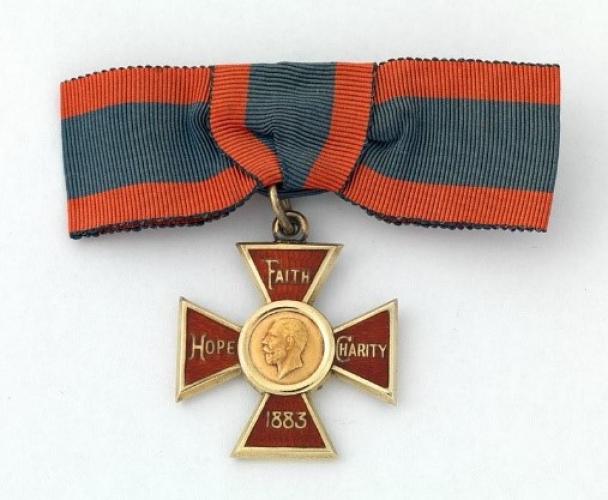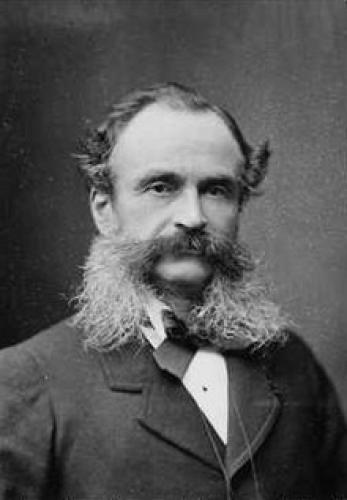262 Jervios Rd Linton Military Camp Palm Nth, street scene 2018
Reason for the name
This street was named in honour of Lieutenant General Sir William Jervois GCMG, CB FRS. Most streets within NZDF Camps and Bases are named in honour of prominent people, battles, campaigns, ships, aircraft and places creating a rich history of our military service. General Jervois was at one time the Colonel Commandant of the Royal Engineers and Linton Camp is the primary location of the Corps of Royal Engineers in New Zealand
Lieutenant General Sir William Francis Drummond Jervois GCMG CB FRS (10 September 1821 – 17 August 1897) was a British military engineer and diplomat. After joining the British Army in 1839, he saw service, as a second captain in South Africa. In 1858, as a major, he was appointed Secretary of a Royal Commission set up to examine the state and efficiency of British land-based fortifications against naval attack; and this led to further work in Canada and South Australia. From 1875 to 1888 he was, consecutively, Governor of the Straits Settlements, Governor of South Australia and Governor-General of New Zealand. It was in this capacity that Jervois recognised our overseas military service.
Author: The Poppy Places Trust and Cherie Lawson
Upon graduating from Woolwich, Jervois was commissioned as a second lieutenant in the Royal Engineers in March 1839. From then until 1841, Jervois was trained at the School of Military Engineering at Chatham. In 1842, having been promoted to lieutenant the year before, Jervois was sent to South Africa where he served as a brigade major. As a second captain he saw service in the 7th Xhosa War, 1846–1847 during which he drew military sketches of British Kaffraria (now part of the Eastern Cape Province) in South Africa.
Returning to Britain in 1848, he commanded a company of Sappers and Miners at Woolwich and then in June 1849 was ordered to Alderney with instructions to manage the construction of substantial fortifications. Following a visit by Queen Victoria and Prince Albert to inspect the progress of the fortifications in 1854, he was promoted to the rank of major. Having been refused permission to go to the Crimea he returned to London in January 1855, he became the Commanding Royal Engineer (Major) for the London District and Assistant Inspector-General of Fortifications in April the following year. Jervois became Secretary of a Royal Commission set up on 20 August 1859 to examine the state and efficiency of British land-based fortifications against naval attack It was specifically tasked to consider Portsmouth, Spithead, the Isle of Wight, Plymouth, Portland, Pembroke Dock, Dover, Chatham and the Medway. The commission's report was published on 7 February 1860. Amongst other things, it proposed several options for a ring of defences around London, none of which were adopted, although elements were used in the later London Defence Scheme. Jervois went on to oversee the design of the resulting fortifications that became known as the Palmerston Forts.
Promotion to lieutenant colonel came in 1861, and in 1864 and 1865, he was sent to Canada to review its fortifications and at the conclusion of his inspection he submitted what became a politically controversial report that stated that the Great Lakes and Upper Canada were not defensible. He then lectured about iron fortifications, and inspected and provided advice regarding the defences of various British colonies including Gibraltar and the Andaman Islands. He was promoted to colonel in 1867. In 1871 he was sent to India; and then worked on the defences of Cork harbour, which were completed in 1874.
Following the withdrawal of British garrison troops from Australia in 1870, Jervois and Lieutenant Colonel Peter Scratchley were commissioned by a group of colonies to advise on defence matters. They inspected each colony's defences and produced the Jervois-Scratchley reports of 1877 and 1878. These emphasised the importance of shore-based fortifications to defend against naval attack and also led to the establishment of local infantry and artillery units. In the 1880s many of the reports' recommendations were implemented by the various colonial governments and they went on to form the basis of defence planning in Australia and New Zealand until Federation. Jervois was raised to the rank of major general in 1877; he received a final promotion to lieutenant general in 1882.
Jervois then served as Governor of New Zealand from 1883 to 1888. In this role, Jervois provided advice on harbour defence, guided the colonial government on Imperial matters, was active in the country's social life, and worked to promote equality. He officiated at the opening of Auckland University College in 1883, declaring that it would be accessible to all New Zealanders, and recognised the service of nurses in the Zululand conflict, awarding a Royal Red Cross to a New Zealand woman for the first time. He also engaged with the Maori leadership. He also served as president of the New Zealand Institute and patronised many sporting institutions, including the New Zealand Amateur Rowing Association.
At the conclusion of his term as governor-general in New Zealand, Jervois returned to New Zealand briefly in 1892, before being appointed the colonel commandant of the Royal Engineers the following year. His wife, Lucy, with whom he had had three daughters and two sons since their marriage in 1850, died in 1895. Jervois died on 17 August 1897, at the age of 75, as a result of injuries sustained in a carriage accident and was buried at Virginia Water, Surrey.
Jervois received numerous honours for his military and diplomatic service. He was invested Companion of the Order of the Bath in 1863, Knight Commander of the Order of St Michael and St George in 1874, and Knight Grand Cross of the Order of St Michael and St George in 1888. He was elected a Fellow of the Royal Society in 1888. Several streets were also named after him, including: Jervois Quay in Wellington,


